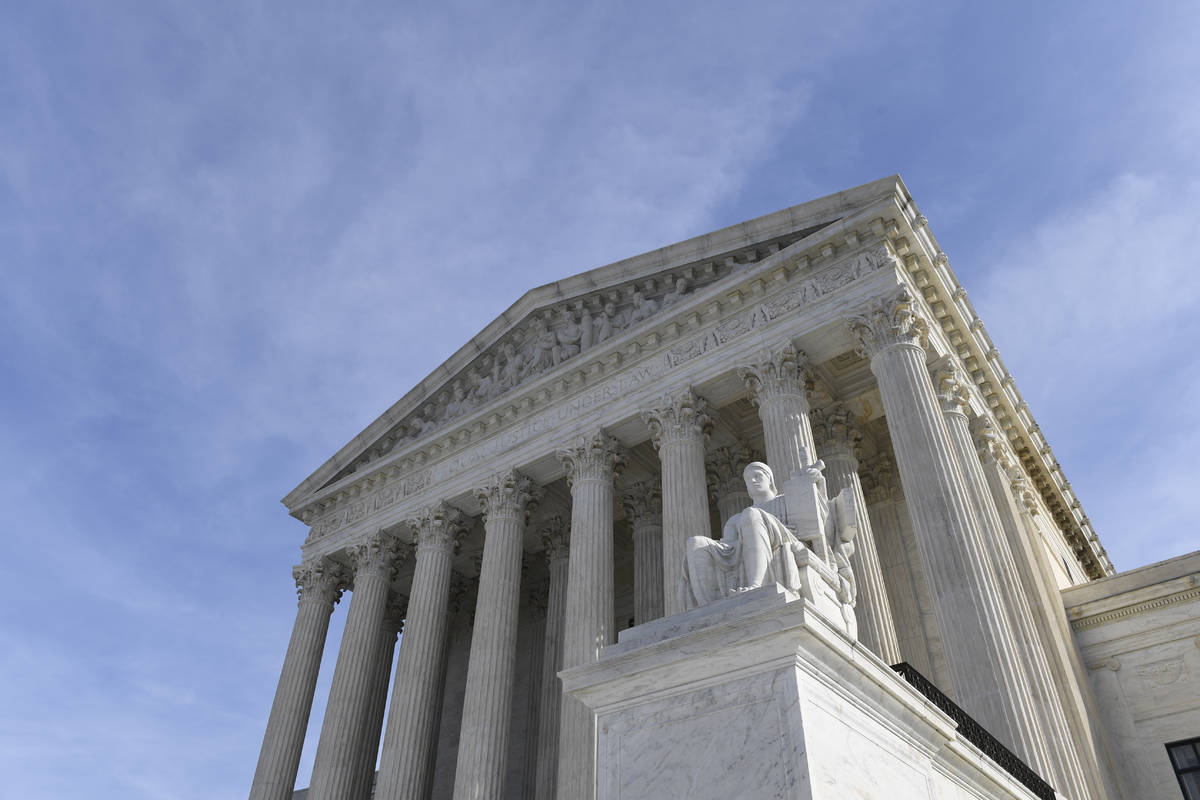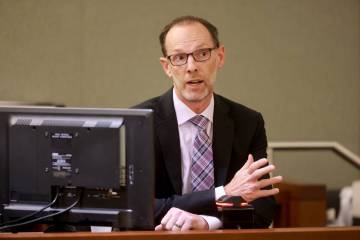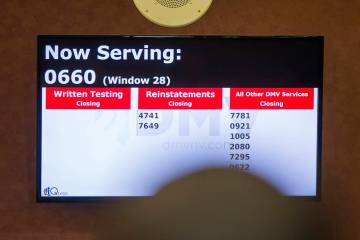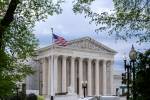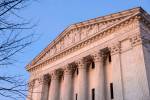EDITORIAL: Shedding a little more light on America’s secret court
How secret is secret “justice”? The Supreme Court may soon decide.
During the Cold War 43 years ago, Congress authorized the Foreign Intelligence Surveillance Court to surreptitiously deal with issues regarding foreign spies operating in the United States. The 9/11 attacks and subsequent anti-terror legislation expanded the court’s domain.
In 2016, the court, which has 11 judges, even became involved in the Russian election conspiracy nonsense when the FBI convinced a FISC judge to secretly authorize warrants to “examine the activities” of certain people in Donald Trump’s presidential campaign.
The court’s secret justice has long been in the sights of civil liberties advocates — and rightly so. Openness is a vital tenet of American jurisprudence and is integral to ensuring the state respects the rights of its citizens. Star Chamber justice quickly devolves into authoritarianism and leaves liberty in its wake.
The potential for abuse becomes an even more serious threat given efforts by the feds to ramp up data collection from Americans under the guise of fighting terror.
On Monday, media and civil libertarian groups petitioned the Supreme Court to bring a bit more light to the process. They want the justices to review FISC rulings that empower the executive branch to determine which, if any, of the court’s decisions to make public.
“These opinions and orders address, among other matters, the lawfulness of bulk email searches, the government’s authority to surreptitiously install malware on Americans’ computers and the use of warrantless internet surveillance for cybersecurity purposes,” the petition says, the Wall Street Journal reported this week. “Although the FISC’s rulings on these matters may have broad implications for the rights of Americans, the public has been entirely deprived of access to them without any judicial determination that such secrecy is justified.”
The petition has bipartisan support and the legal effort is led by Theodore Olsen, U.S. solicitor general under President George W. Bush. “This specialized court originally had a narrow role but today it routinely issues decisions that have far-reaching implications for Americans’ rights,” Mr. Olson said. “It’s crucial to the legitimacy of the foreign-intelligence system, and to the democratic process, that the public have access to the court’s significant opinions.”
The petition is consistent with the intent of Congress, which in 2015 directed intelligence officials to review important FISC decisions with an eye on making them “publicly available to the greatest extent practicable,” the Journal reported.
At the very least, the default setting should be transparency for the secret court’s decisions unless a judge concludes that disclosing such represents a national security risk. The Supreme Court should oblige and consider the case.



